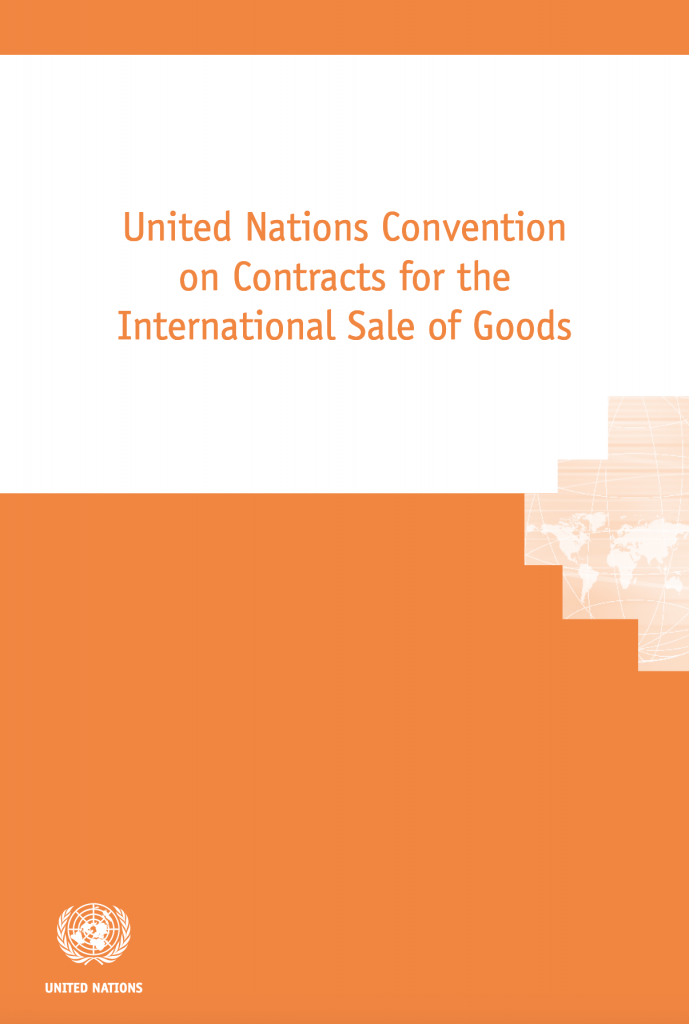What’s it all about?
Students across all EU Member States are invited to participate in European Business Law with a specific focus on international commercial contracts. The lecturers are members of the Wuerzburg Faculty of Law.
Due to the COVID-19 pandemic, the Wuerzburg Summer School could not continue as planned in Wuerzburg, with afternoon seminars and social activities cancelled. However, fortunately, the Law School converted the Summer School into an online program with all lectures held via Zoom. 16 participants joined the Summer School, including those from Germany, UK, Austria, Sweden, Greece and Italy.

Why did I apply?
When I saw the Wuerzburg Summer School poster on Moodle, I thought it the perfect opportunity for a short study abroad experience. Although five days’ long, the week is compact; including morning lectures, afternoon seminars and social activities.
What were the lectures on?
For this specific Summer School, the course covered a general course on Private International Law and International Civil Procedure with lectures on:
- International Credit Security by Professor Dr Caroline Rupp
- International Soft Law and lex mercatoria by Dr Sören Segger-Piening
- International Sales Law by Professor Dr Olaf Meyer
- International Commercial Arbitration by Professor Dr Florian Bien
- Regulatory Competition in Corporate Law by Professor Dr Christoph Teichmann
Each lecture lasted an hour and a half, which gave plenty of opportunity for participants to interact and ask questions on Zoom. All the lecturers were welcoming and encouraged discussion on the legal issues.
Key themes covered:
- The sources of private international law;
- The Europeanisation of private international law;
- The parties’ freedom to choose law;
- The application of national and international jurisdiction; and
- Comparative law
The Vice-Dean Professor Dr Joachim Suerbaum opened the online Summer School with a welcome address to the class. This was followed by a live lecture on Private International Law by Professor Dr Eva-Maria Kieninger. This general course on Private International Law provided an overview of the relevant law, including Conventions and Regulations, and with this foundation, the special lectures supplemented our knowledge on Private International Law. Also, my knowledge of contract law, property law and EU law was useful for solving the different problem scenarios raised in the lectures.
The live lecture on International Credit and Security involved defining credit, the types and main characteristics of security rights offered to a creditor. Security rights provide the creditor with a fall-back position, for example, if an individual cannot repay their mortgage, their house is repossessed by the bank. This lecture focused on a German legal perspective in resolving cross-border issues. Participants were also encouraged to discuss problems arising in their legal system when dealing with security rights over movable property (property that can be moved from place to place).

International Sales Law was the only recorded lecture, which covered a brief history of the United Nations Convention on Contracts for the International Sale of Goods (CISG), where 80%-90% of worldwide trade is directly governed by the CISG. All industry nations, except the UK, Ireland and Malta, are members of the CISG.
The lecture was structured around the main features of the Convention, which included the contract of sale of goods, the formation of a contract, the obligations of the buyer and the seller and remedies. The issues discussed included the length of time the buyer has to inform the seller of the defect of the delivered goods. What constitutes ‘within a reasonable time’ (Article 39 CISG)? As there are 94 Contracting States (at the time of writing), each State has different cultures and traditions and this has become a disputed area.
I particularly enjoyed the commercial and international element of Regulatory Competition in Corporate Law as this lecture concentrated on the differences of forming a company in the UK and Germany, the regulatory competition aspect and practical considerations, in term of cost, time and expertise, when litigation occurs.
Just to note that the lecture content differs each year.
Why apply?
If you have always wanted to attend a study abroad program with aim of increasing your legal knowledge, this program is for you.
You are awarded 2 European Credit Transfer System (ECTS) points which you can add to your CV and Linkedin profile!
You also have a chance to make new friends and explore Wuerzburg.
How to apply?
Head to Wuerzburg’s website for more information about the registration process and how to apply.

Thanks to Cristina deSouza for this write-up of her summer school experience.
She is currently a LPC LLM student at the City Law School and a member of Lawbore’s journalist team, with a keen interest in legal design, commercial law and employment law.

